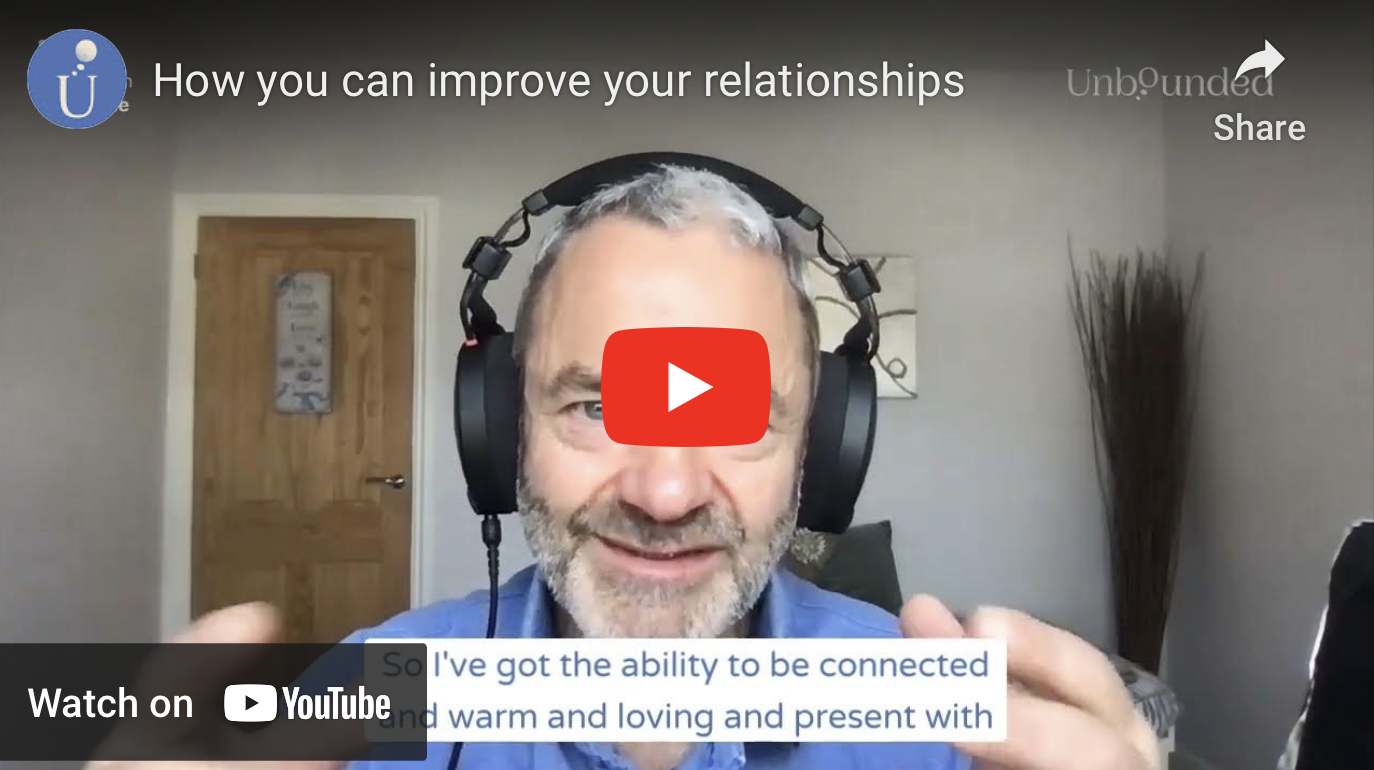Are you aware or are you sleepwalking?
Are you aware in any moment or are you sleepwalking through your life?
Being aware, it's about tuning into what's actually going on in the moment, naming it and doing something with it. Let me give you three examples.
Example one
I was on the phone to Rena this morning. She was telling me about the amount of work she had to do this weekend. I listened, but I wasn't listening actively. I was distracted by completing an email that I was supposed to have already sent out. So I listened in, but only listened on one level, a superficial level. It wasn't until after the call that I realised that I didn't really tuned in. And I know that on one level, she would've picked it up.
Sleepwalking is when I don't even realise that I wasn't listening. Being aware is about being aware of my lack of listening in the moment, or reflecting and becoming aware at some point afterwards.
And then, when I have that awareness, I can choose what to do about it. I reflected on whether to call Rayner, but I knew she was busy all day today. So I left a message to name what I had noticed, and to apologise. This is the heart of what I think being conscious is about; it's the heart of conscious living and conscious leadership.
Example 2
The next example is a situation with one of my clients. Stephen is a senior leader in the business and he is presenting to his direct team. As he is presenting, he is worried that he might not be adding value. He doesn't mention anything but embedded underneath his presenting is a tightness, a desperation, founded on an egoic insecurity. He carries on doing his best to look ‘sorted’ to appear capable. This is sleepwalking and avoiding.
There is another opportunity here. To be aware, and to name it and notice it. This might go as follows:
“I’m keen that this presentation is being of value to you. Please can you give some feedback. How helpful is this? Is there anything that would make it more useful?”
Or even more radical…
“I notice that I’m attached to this presentation being of value. I notice I’m a little uptight about that today. But I’m going to let that go. This is important to share with you. And I will still stop halfway through and ask for your input.”
Example 3
One more example, a salesperson Sandeep selling to a client in a meeting. Sandeep notices that the client is looking bored or fidgety. In normal sleepwalking life, Sandeep would just ignore those behaviours. She would pretend not to notice and just carry on with the meeting. But perhaps even worse, she would make a story up after the meeting about what was going on for the client. The client isn't interested in our service, she may deduce.
Being aware is about noticing the clients behaviour in the moment. About naming what you are seeing and asking a question. “I noticed that you look at little distracted right now. Are you okay? Is this meeting addressing what you need?”
Often we don't have these conversations because either we are not picking up the cues or because we are too afraid to mention anything, we are afraid of creating an awkward situation.
But when we let go of that thinking and develop some ways of communicating that are effective, we can develop a whole another level of quality in the conversation and we can dramatically improve our relationships.
Notice it. Name it. Explore it. This is the key to conscious living and conscious leading.









